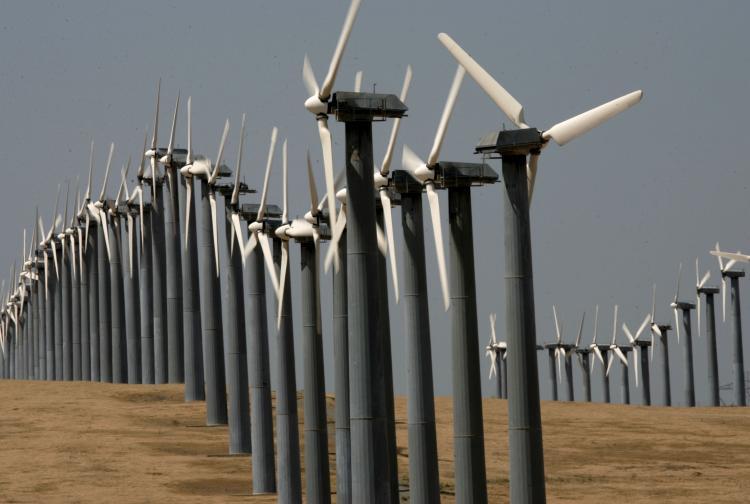California’s Environmental Protection Agency will identify strategies to manage the decline of in-state crude oil production, and decrease supply and demand for fossil fuel, as authorized in the 2019–2020 state budget.
The state’s latest move to combat purported human-caused climate change has led some to question how the state plans to replace the energy generated from fossil fuels.




